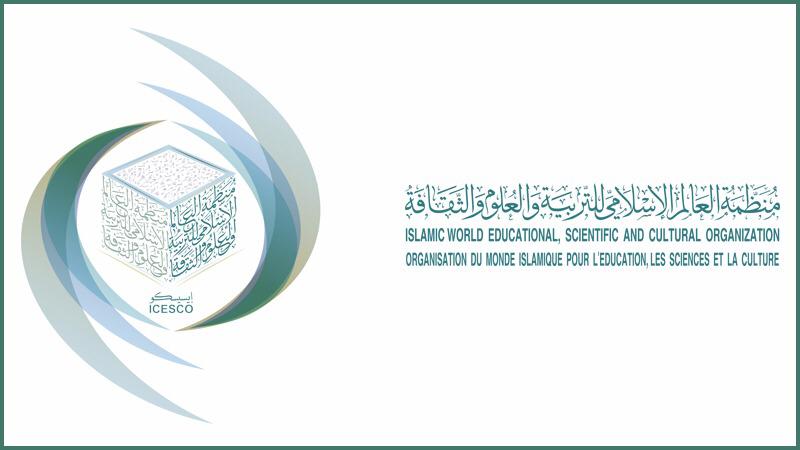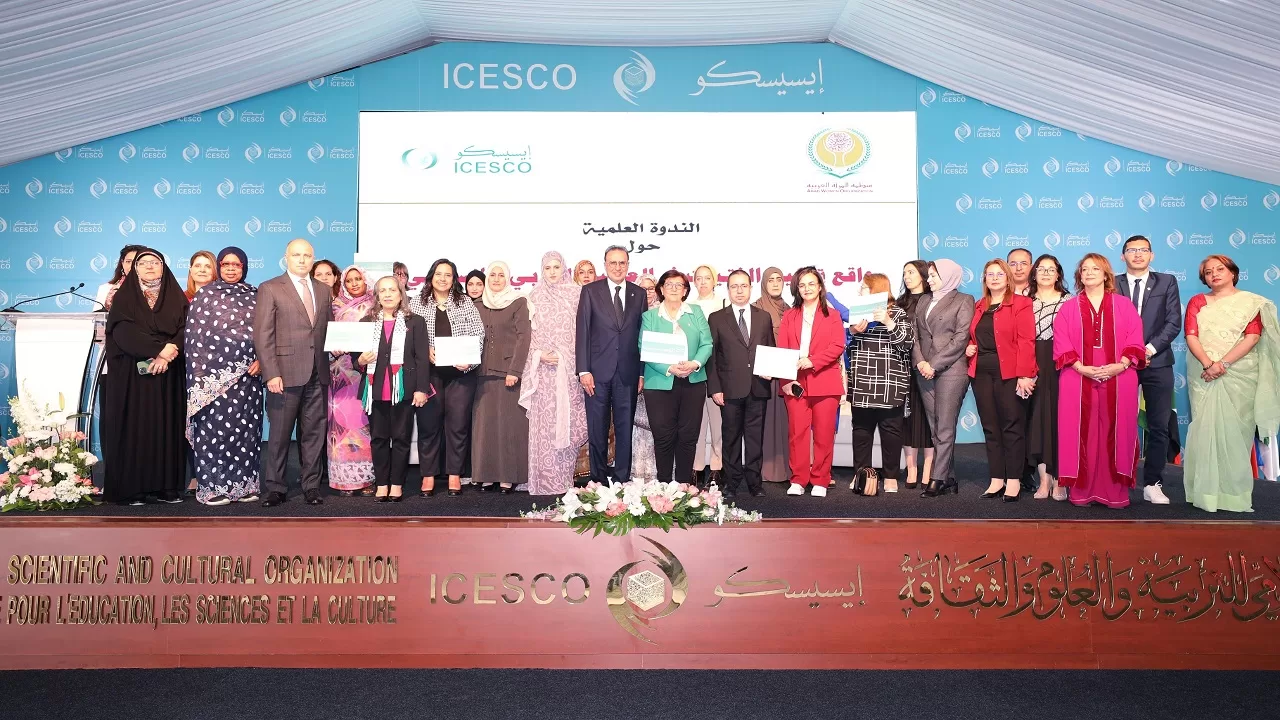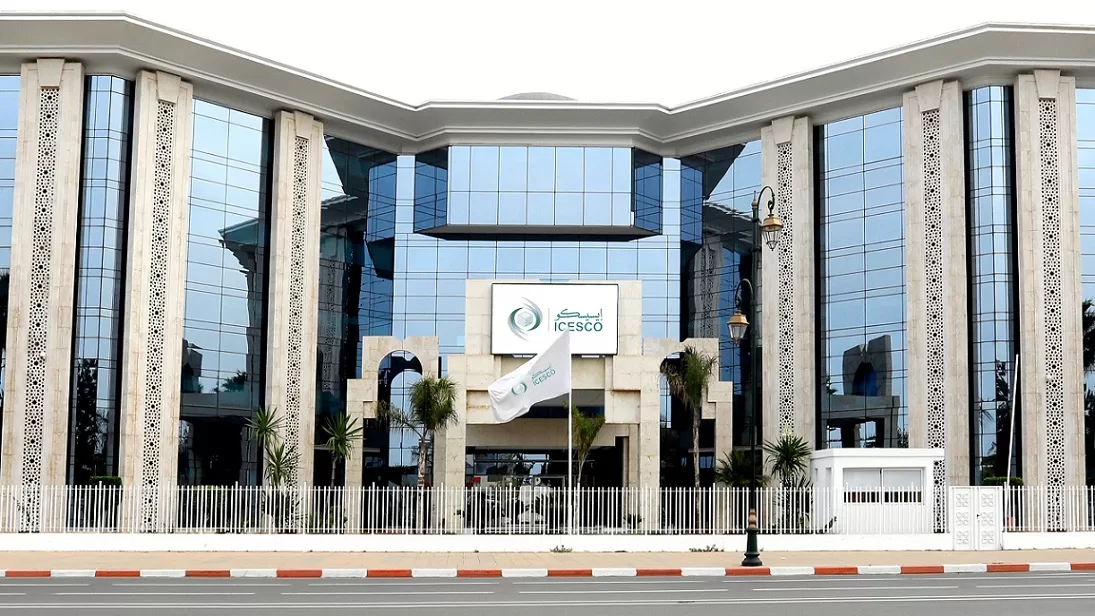
On International Day of Education: ICESCO Calls for Adoption of Foresight and Benefiting from Artificial Intelligence in Building Educational Strategies

24 January 2021
The Islamic World Educational, Scientific, and Cultural Organization (ICESCO) celebrates, on the 24th of January, the International Day of Education, which the UN General Assembly proclaimed on December 3, 2018, to celebrate the role of education in achieving peace and development. This day is an occasion to reaffirm the international community’s commitment to safeguarding the right to education, being one of the fundamental rights contained in the Universal Declaration of Human Rights and in the International Covenant on Economic, Social and Cultural Rights.
The international day is also an opportunity to recall the commitments that governments and all the national, regional, and international parties have made to achieve the Fourth Development Goal of the 2030 Agenda.
ICESCO’s new vision is based on the positive and prompt response to the needs of Member States, promoting international cooperation and greater outreach to various international partners in educational and scientific research circles, and anchoring the culture of anticipation in managing educational, scientific and cultural affairs. Hence, ICESCO has advocated “promoting education and lifelong skills development for all” one of the major goals of its strategic plan for 2020-2030. It envisages building an innovative and smart civilizational and educational system for the Islamic world. The goal is also to empower youth, women, and children to enjoy their rights.
ICESCO has renewed its coordination, consultation, and follow-up mechanisms with the ministries of education in the Member States and the National Commissions for Education, Science, and Culture. The Organization also scaled up its education support programs for the neediest countries and expanded its networks of relationships with key international actors in the field of education to improve the level of educational services and expertise provided to countries of the Islamic world.
The Organization reaffirms the progress that several countries around the world, including Member states, have made in reforming their education systems to improve their performance and enable them to fulfill their roles in building the societies of knowledge, security, and development deserving acknowledgment. ICESCO maintains that it is a source of inspiration. Yet, the efforts that the international community deployed to achieve the Fourth SDG aiming to: “ensure inclusive and equitable quality education and promote lifelong learning opportunities for all” is constantly facing the risk of faltering and backsliding. The reason is linked to some countries’ slowdown or failure to fulfill their obligations, in addition to endless destabilizing crises, devastating disasters, and emerging pandemics.
The most notable example is the substantial damages that Covid-19 caused in the education process worldwide and the resulting dysfunctions and shortcomings, such as the learning loss, particularly students from countries with poor technological and communication infrastructures. The students could not benefit from the educational alternatives ICT provided to their peers in developed countries.
Armed conflicts, in turn, have increased the number of children deprived of education and exposed to forced labour, sexual exploitation, and ill-treatment. Many girls, especially in sub-Saharan African countries, are still deprived of their right to education, a situation that runs against the values of quality, equity, and inclusion. These same values are the underpinnings of SDG4 that relate to education. The evolving situation contravenes the guidelines and contents of the International Convention against Discrimination in Education.
Mindful of the urgent need to implement the right to quality education, particularly in light of the threat that the Coronavirus pandemic imposed on this right and to other cultural, economic, and social rights, ICESCO, in fulfillment of its responsibilities at the Islamic and international levels, has launched a significant number of educational initiatives. The goal was to help the Member States provide educational alternatives for students throughout the pandemic. The Organization, therefore, granted them technological equipment and materials to enhance the production and dissemination of digital educational content.
The Organization has also played a guidance and coordination role among Member States through holding a conference that brought together education ministers of the Islamic world to review visions and share experiences on the best ways and practices to address the effects of the pandemic on education.
ICESCO takes into account girls’ and women’s deprivation of education in several countries and is aware of the key roles women play in shaping the future and in achieving comprehensive and sustainable societal development. The Organization has therefore decided to proclaim 2021 the year for women, in line with the main orientations of ICESCO’s Strategic Plan 2020-2030. During the year for women, the Organization harnesses its capabilities, resources, and programs to empower girls and women to fully contribute to building societies of knowledge and peace.
On this day, ICESCO reiterates its call to all stakeholders for more synergy and advocacy to protect and fund education and prioritize national development plans, policies and practices. ICESCO also calls for spreading foresight culture and anchoring foresight practices in the development of educational strategies and educational planning operations, and the proactive dealing with domestic and international developments.
The Fourth Industrial Revolution requires the development of the necessary educational, organizational, technical, and legislative tools to facilitate the expected transition from the traditional to the digital school. The measures will also permit us to take advantage of the tremendous opportunities that artificial intelligence offers for all areas of human activity, including the educational field.
In this vein, ICESCO will launch initiatives on the most effective experiences and practices for achieving quality, equitable, and inclusive education. The goal is to make education accessible to all without exception, hoping that nobody will be deprived of education by the end of the third decade of the third millennium.



